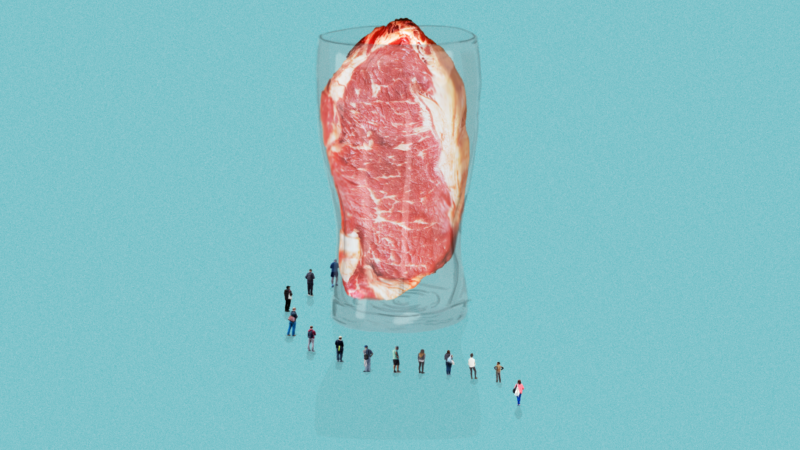Love Tax: Crowdfunding for a better future
Tax has long been a dirty word. King John’s inspectors used to take the last groat from starving peasants. In our modern world of shiny aspiring families craving huge homes and Toyata Behemoths, tax is still the enemy, a symbol of a grey, lumbering state that clamps down on anything resembling fun or independence.
Everyone pays tax. Nearly half of what the poorest households get in income goes out in taxes - VAT on shopping, Council Tax and so on. Everyone else pays around a third of their income in tax, even the richest, because they are more likely to slip through loopholes and sneak a tax break. All this money disappears into the gaping maw of government. People look at that hungry mouth and then start sentences with ‘as a taxpayer…’ What they actually mean is, ‘I pay a lot of tax and it gets wasted or spent on stuff I don’t give a toss about.’
It might feel better if we got to choose what our taxes went on. An online list to select your choice - health service, defence, sports and leisure, fluffy animals. But sitting in front of a computer clicking away might not make for good decisions. We could end up with antiseptically clean streets, because everyone notices rubbish or slips on leaves, while other services are left underfunded and cut. Things like care services for disabled or elderly people. You don’t hear from isolated elderly people much. People with severe depression aren’t very chatty. People with terminal cancer might have other things on their mind.
So some essential services could end up cut or closed. A better option might be participatory budgeting, which is a fancy way of saying, ‘Let’s all sit down and talk through how government money is going to be spent.’ That sort of thing is done at a local level in different areas across the world, but means politicians and bureaucrats have to give up power. For some reason they aren’t generally keen on that.
Most taxes go on supporting people. 18p in every pound of tax paid goes to the NHS, 15p to pensions, 15p to care and social support. 6p goes to people who are sick or disabled. There are a lot of complaints about money going to people without a job, but they only get 1p in every pound of tax paid. 12p goes to education, 6p to defence, and other pennies on housing, sport, farming, police, transport and waste. No, not that sort of waste. And 7p on debt interest.
Politicians don’t like putting up taxes, so for decades from the 70s taxes kept getting cut. Mostly taxes on those with large incomes, so they ended up with even more money. When money got really tight after the banking crash, taxes got put up only a tiny bit, and with the government not wanting to borrow any more money, we’re left with no money for sorting stuff out. Not just supporting people who need it, but the lack of housing, increasing costs of health services, investing in new industry to stop climate change, getting kids out of poverty.
When people talk about aspiration, it seems to make sense to ask: what do we aspire for the country we live in? What do we aspire for the world we live in? If we put the money we have together and talk through how we’d like to spend it, we could do amazing things. It’s like crowdfunding, but instead of innovative phone chargers or card games with flaming kittens, we can transform our economy or go to the moon.
We need to love tax.
If we had more say over spending, that would help. If we could see what had impact and what didn’t, that would also help. It also means everyone paying their fair share.
If you shop with small businesses or local independents, more of your money will end up doing good things like funding education and the NHS, not lining the pockets of executives and shareholders. Avoid Tesco and Sainsburys, Starbucks and Café Nero, Barclays and HSBC. These businesses have dodged tax or helped others dodge it, whilst more honest companies have paid their way.
When politicians say they will cut taxes, ask who their cut will really benefit. Struggling traders and low-income families might gain from a tax cut, but things like raising the minimum tax threshold benefits a relatively wealthy earner just as much as someone who’s just getting by. Ask whether the service they are cutting can get more efficient without getting worse. Ask what happens to those most in need. Most of all, ask yourself what world you aspire to live in and love tax. Tax is how we get our money together. It’s crowdfunding for a better future.
Tax dodgers in Sheffield
Government income and spending
Participatory budgeting
References:
Tax Research UK - The Tax Gap: Tax Evasion in 2014
FullFact.org – The Welfare Budget )







